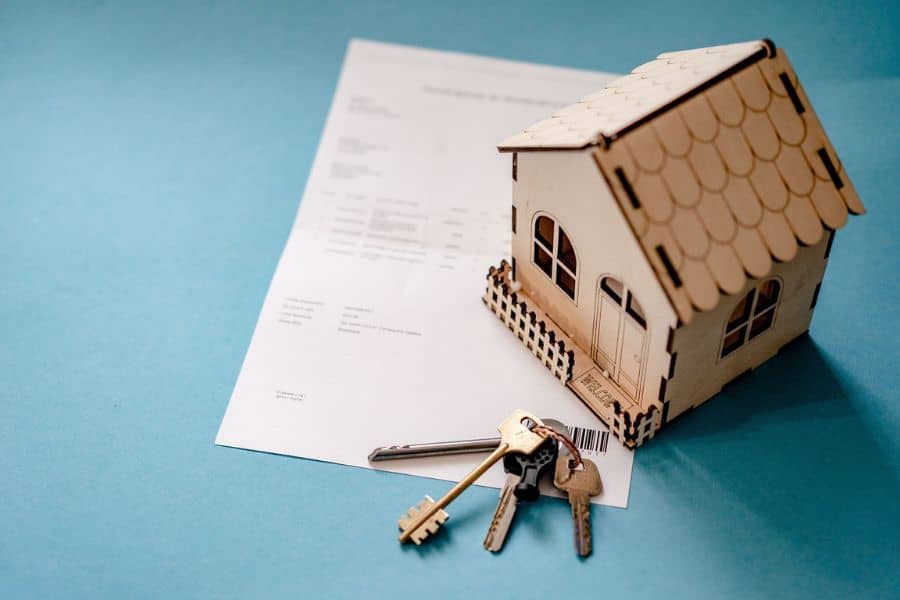Michael S. Simone, Esq.
Managing Attorney

When a loved one passes away, the task of locating and managing their assets can be overwhelming, especially during a time of grief. Where do you look? What do you need to find? Where do you even start?
Whether you are the executor of the estate or a family member trying to gather information, you need a clear understanding of the steps involved in finding the deceased person’s assets. In this guide, we will walk you through the process of uncovering various types of assets, from bank accounts and investments to real estate and personal property.
After a loved one dies, the estate executor has to identify and value their assets, including life insurance policies and brokerage accounts. Even if you are not the executor, as a family member, you may have to help find the assets in your loved one’s estate. But you might not know where to start.
Here are seven steps to finding your deceased loved one’s assets.
The decedent likely kept most of their personal assets in their house. So it may be helpful to start looking in their home.
First, try to find their estate plan. The decedent’s estate plan probably has a Will and other important legal documents. A Will is especially helpful because most list the decedent’s assets. Try looking in their desk, closet, or filing cabinets.
If you cannot find the will, you might still be able to locate other documents that state the decedent’s assets.
The next best place to look is their computer. Many people have digitally-documented assets, including financial records, which is why looking through your loved one’s computer is helpful.
However, if their computer or online subscriptions are password-protected, you may have difficulty doing this. If you run into this issue, contact the providers to gain access to the decedent’s information. With relevant proof, such as a death certificate, you may be able to locate your loved one’s digital assets.
It is best practice to ask other friends and family members about assets you were not initially aware of. Even if you were close to the decedent, you might not know everything they owned.
For example, you could ask their spouse, children, siblings, or parents for any information. All assets must be accounted for, which is why asking people the decedent knew can be helpful.
Even if you find a will that clearly states the deceased person’s financial assets, you may still want to schedule an appointment with their bank or another financial institution. You can likely access their bank accounts and bank statements with appropriate documentation, like their death certificate.
You should also ask the banker if your loved one kept a safe deposit box at the bank. This could contain valuable assets or documents that need to be accounted for.
If your loved one was working when they passed away, it is beneficial to talk to their employer. Ask about pension, retirement plans, or any other benefits the decedent had through the company. You can also ask about any personal property your loved one might have kept at work.
Even if your loved one was not working at the time of their death, you should still talk to their most recent employer to ask about pension and retirement plans that they might have been involved with.
Many people forget to reach out to their local probate court. A probate clerk can help you locate deeds, titles, or other property the decedent filed through the court.
Most records in probate court are accessible to the public, so getting this information should not be difficult. For private records, you may have to provide a death certificate.
Finally, if your loved one worked with an estate planning attorney, you should contact them. They may be able to provide you with a list of the deceased person’s assets. You may have to prove to them you have the authority to access this information. Unfortunately, in New Jersey, there is no central database where one can file an executed Will.
Remember to provide proof that you are the executor of your loved one’s estate and bring the decedent’s death certificate.
Losing a loved one is hard. The last thing you want to do is worry about finding their assets. However, it is essential to probate and fulfill your loved one’s will.
The team at The Simone Law Firm understands how complicated these processes are. We are devoted to helping our clients through these difficult times.
If you need a helping hand, please contact a probate attorney from The Simone Law Firm. Call us today to schedule a consultation.
The core values of our team distinguish our firm from all others. We know there are many choices in legal representation and we appreciate you considering our firm for your legal needs. Our firm has maintained great relationships with our clients with some lasting over twenty (20) years. Our satisfied clients demonstrate the dependable, trustworthy, honest and efficient representation that we provide in order to vigilantly protect and serve our clients’ legal needs.